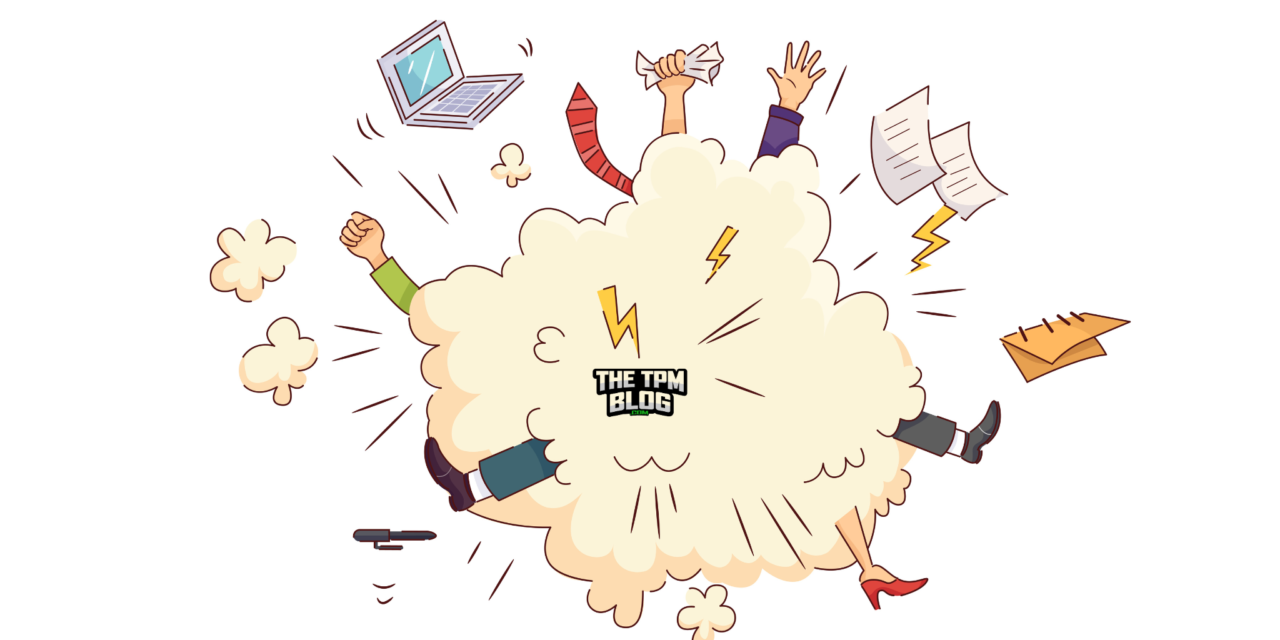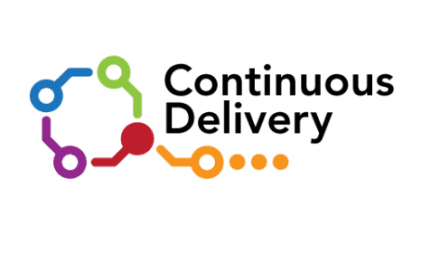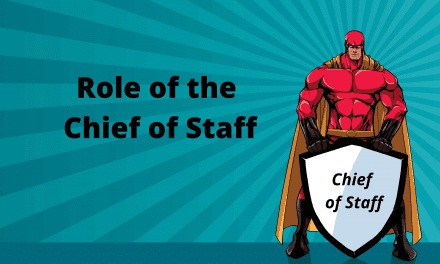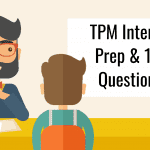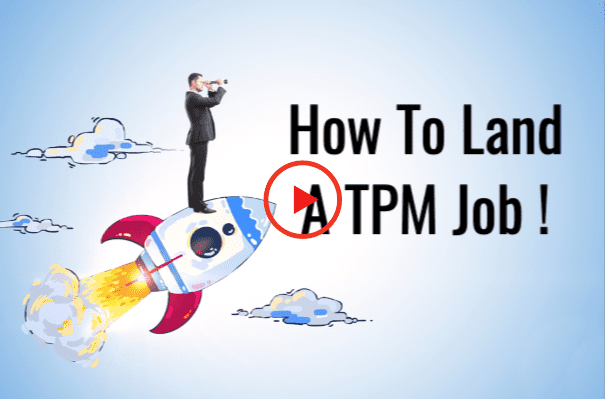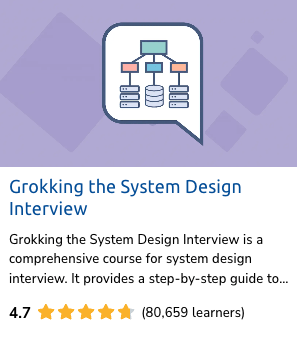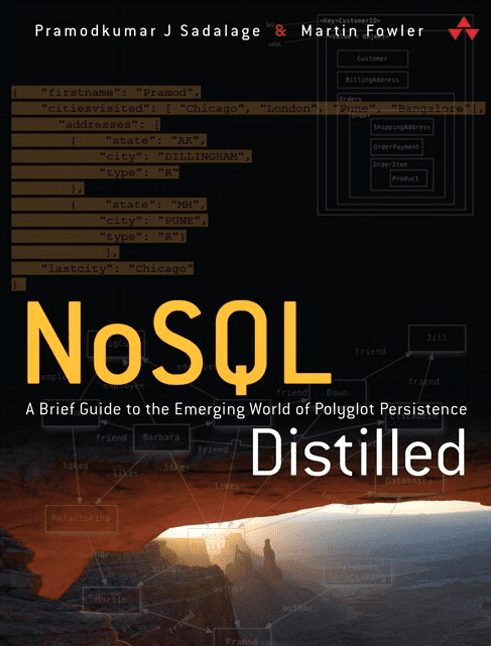The real magic happens when a TPM remains unflappable, knowing how to disarm tension, de-escalate conflicts, and bring people back to the shared mission. It’s like being the conductor of a messy orchestra, with each section playing its own tune, but you know how to bring them together for a harmonious outcome. This soft skill often turns even the most challenging dynamics into collaborative gold, ultimately driving the program’s success.
Set The Stage For Collaboration
Navigating tricky personalities is not just about defusing tension at the moment—it’s about building long-term relationships and trust that keep the project moving forward. As TPMs, our value lies in being able to navigate between the technical and business sides while fostering collaboration, even when tensions are high.
Below are proactive strategies to handle difficult personalities while ensuring the team stays focused on delivering the project:
- Understand Root Causes of Conflict – Sometimes, friction stems from a deeper issue—fear of change, feeling unheard, or clashing priorities. A TPM who takes the time to dig deeper into these underlying concerns can often prevent future tensions. Building trust through one-on-one conversations outside of formal meetings can help encourage collaboration and diffuse conflict before it escalates.
- Leverage One-on-One Meetings for Relationship Building – Regular one-on-one meetings with key stakeholders help TPMs understand the personalities on their team, anticipate friction points, and create personalized strategies for conflict resolution.
- Create Clear Accountability – A good TPM removes ambiguity by clearly clarifying everyone’s roles and responsibilities. Clarifying ownership and deliverables early on reduces finger-pointing and helps everyone focus on the bigger picture.
- Use the Power of Neutral Facilitation – TPMs act as facilitators, ensuring constructive and respectful discussions. By remaining neutral and not siding with any one individual or team, TPMs can bring objectivity to heated situations, making it easier for people to collaborate on solutions.
- Celebrate Wins Together – Sometimes, difficult personalities just need to feel valued. Make it a point to celebrate both individual and team wins publicly. Acknowledging contributions, big or small, can build rapport and make even the most challenging personalities more collaborative.
5 Key Strategies for TPMs to De-Escalate Conflict:
- Start with Empathy: Understand the concerns and motivations of all parties involved. Acknowledging their perspective can help diffuse tension and open the door for constructive dialogue.
- Use Data and Facts: Present objective data to steer the conversation away from personal conflicts. Facts provide a neutral ground and help align the team toward common goals.
- Stay Calm and Unbiased: Remain composed and impartial, even if emotions run high. Your calm demeanor will set the tone for the conversation and can prevent escalation.
- Clarify the Bigger Picture: Bring the focus back to the overall project objectives, reminding everyone of the shared mission and how their contributions are critical to its success.
- Facilitate Open Communication: Encourage open, respectful dialogue where each person’s input is valued. This helps uncover the root of the conflict and creates a path forward with solutions everyone can agree on.
Knowing When to Step In
As a TPM, it’s crucial to know when to step in to manage conflicts and when to let the team work through issues themselves. The goal is to foster a culture where open communication and healthy debate are encouraged, and tensions don’t derail progress. You don’t want to stifle creative disagreements, but stepping in when necessary is equally important to prevent conflicts from becoming toxic or slowing down the project.
Learning to navigate difficult personalities and conflict is an ongoing process that can’t be perfected overnight, but with patience, empathy, and the right strategies, it’s one of the most valuable skills you can develop as a TPM.
Ready to fast-track your career?
Get personalized advice from ex-Amazon Sr. Mgr. Preetha to raise the bar in your current role and get promoted.
Author

Preetha Annamalai
Preetha Annamalai is an ex-Amazon Senior Manager who has led cross-functional software, TPM, and product teams. She has 18+ years of experience driving strategic initiatives and fostering innovation. Preetha excels at building high-performance teams and guiding professionals to reach their full potential.

